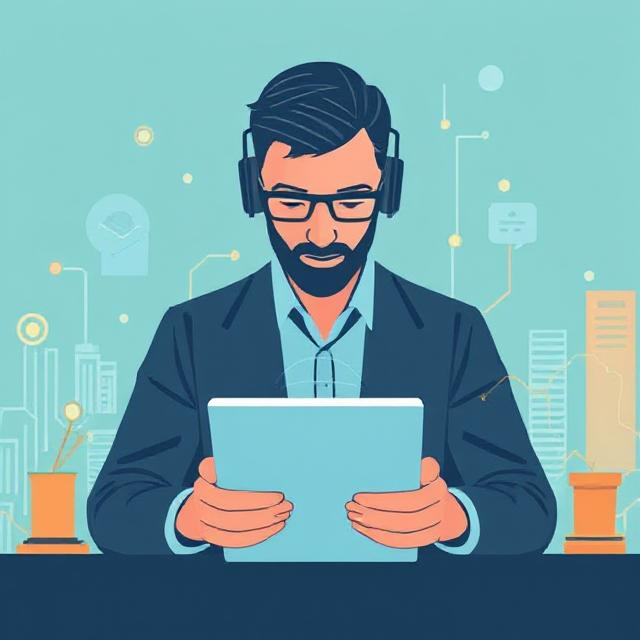The global job market in 2025 is undergoing a fundamental transformation. Driven by rapid technological advancements, automation, and evolving workforce expectations, traditional career paths are giving way to new models of employment. The labor market is shifting from routine-based roles to dynamic, skill-focused careers that demand continuous learning and adaptability.
The Rise of Hybrid and Remote Work Models
The COVID-19 pandemic permanently altered perceptions of where and how work can be done. In 2025, hybrid work is not a perk—it’s the norm. Companies now operate with distributed teams, leveraging cloud platforms, virtual collaboration tools, and AI-powered productivity software. This shift has broadened the talent pool globally, allowing firms to hire based on skills rather than geography.
In-Demand Skills for the Future
Automation is eliminating some jobs, but it’s also creating new ones. The most sought-after skills in 2025 include data analysis, cybersecurity, cloud computing, AI/ML development, and UX design. Soft skills such as emotional intelligence, adaptability, and critical thinking are equally vital, especially in roles where human judgment complements machine intelligence.
Lifelong Learning Becomes Essential
Gone are the days when a university degree could sustain a 40-year career. Continuous learning is now a professional necessity. Online education platforms, corporate reskilling programs, and micro-credentials are rapidly expanding. Workers must update their skills regularly to remain competitive and relevant in the fast-changing landscape.
The Freelance Economy and Portfolio Careers
The gig economy has matured into a professionalized freelance workforce. Many individuals now maintain “portfolio careers,” combining part-time contracts, freelance projects, and personal ventures. Platforms like Upwork, Fiverr, and Toptal have evolved into sophisticated ecosystems where skilled professionals can find high-value work on a global scale.
AI and the Human Touch
While AI is taking over repetitive and analytical tasks, jobs requiring creativity, empathy, and complex problem-solving are thriving. Healthcare, education, design, and leadership roles are increasingly augmented by AI but not replaced by it. Human-AI collaboration is becoming a central feature of the modern workplace.
Workplace Well-being and Purpose
Employees in 2025 care about more than just a paycheck—they want meaning, flexibility, and wellness. Companies are responding by offering mental health resources, flexible hours, and purpose-driven missions. Organizational culture, inclusivity, and values alignment now play a crucial role in attracting and retaining top talent.
What This Means for Employers and Job Seekers
For employers, the challenge is clear: invest in people. Companies must build cultures of innovation, prioritize reskilling, and embrace flexible models to remain competitive. For job seekers, adaptability and curiosity are the new superpowers. The future belongs to those who are ready to learn, unlearn, and reinvent themselves.
The job market in 2025 is not just changing—it’s being redefined. Success depends on how well individuals and organizations embrace this evolution and shape their own futures.

Leave a Reply